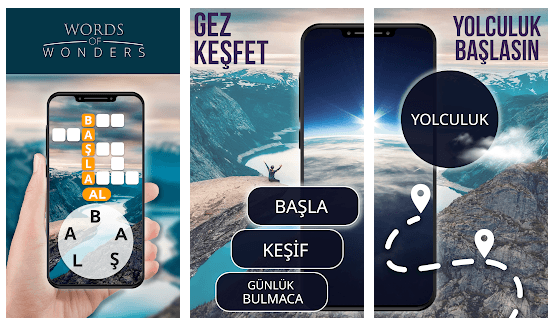
When a study in the Journal of Positive Psychology tried to disentangle the concepts of "meaning" and "happiness" by surveying roughly 400 Americans, it found considerable overlap between the two - but also some key distinctions.īased on those surveys, for instance, feeling good and having one's needs met seem integral to happiness but unrelated to meaning. What do you think about magic? Do you like stories that contain magic? Maybe you practice illusion.The research we cover here at the Greater Good Science Center is often referred to as "the science of happiness," yet our tagline is "The Science of a Meaningful Life." Meaning, happiness - is there a difference? The next time you watch a magician perform a trick, pay close attention! Many well-known illusion magic tricks are called “sleight of hand.” This means that the performer has practiced the trick enough to convince people up-close that the illusion is real. There have been famous magicians who created illusions like making the Statue of Liberty disappear. Have you ever played a card trick on someone? Pulled a coin from someone’s ear? Those are a few types of tricks people may learn when they first become interested in magic. You may enjoy practicing the type of magic known as illusion. In some cities like New Orleans, people can buy Vodou dolls and visit sites linked to Vodou history. The rites usually involve dance, song, and drumming. Vodou priests and priestesses practice rites that ask spirits for health and protection. The belief that everything has a spirit merged with Catholic beliefs when Benin enslaved people were brought to Haiti. Its roots are a religion from the African country of Benin. Vodou is also a well-known form of magic. Witches sometimes practice their craft after dark and people fear them because of their association with evil. Spells, potions, dolls, chants, and oracles are all tools of witchcraft. Others believe anyone can become a witch.

In some cultures, witches are born with their abilities. Those who practice witchcraft use their powers to change people and the environment.
MAGICAL WORDS OF WONDER TV
Many books, movies, and TV and streaming shows feature witches, wizards, and sorcerers. One of the most popular forms of magic in today’s culture might be witchcraft. “Seeing” the future, or divination, can also be done with crystals, Tarot cards, or tea leaves! Astrologers believe they can read the position of the stars and planets to see the future. Those who practice alchemy believe they can change base metals like copper and lead into more precious ones, like silver and gold. Both seek to understand the power of the stars and how they affect the Earth and people.

Two related forms of magic are alchemy and astrology. Magic linked to evil or harmful forces is called black. Those who practice magic go by many names: magician, wizard, sorcerer, shaman, witch, and more! There are several types of magic, including illusion, alchemy, witchcraft, divination, and astrology.

In the past, magic existed where technology, science, and spirituality did not agree. It referred to a tribe in Persia who practiced the religion of Zoroastrianism. The Greek term “magoi” is the historic root word for magic. Have you ever watched a performer pull a rabbit out of a hat? Or seen someone seem to disappear out of thin air? Abracadabra! Hocus Pocus! Join the Wonder team as we explore today’s subject-magic!


 0 kommentar(er)
0 kommentar(er)
